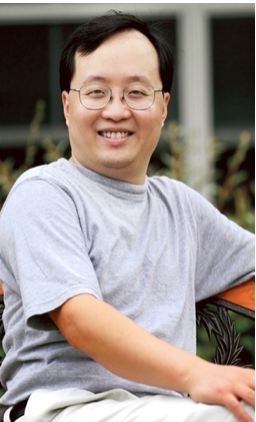讲座地点: 张江校区软件楼 102 第二会议室
演讲人:Shouhuai Xu, Professor,Department of Computer Science, University of Texas at San Antonio
Email: shxu@cs.utsa.edu
联系人:韩伟力(wlhan@fudan.edu.cn)
Abstract
For decades, Computer and Information Security studies have been driven by core concepts such as Confidentiality, Integrity, and Availability. What will drive the study of the emerging Science of Cyber Security? In this talk, I will present the novel framework of Cybersecurity Dynamics, which we believe will formulate the ultimately-wanted foundation for the emerging Science of Cyber Security. Cybersecurity Dynamics is an extremely multidisciplinary approach to tackling some real-world problem of the highest importance. I will start with a brief survey on the results in Cyberseurity Dynamics that have been obtained so far (with emphasis on high-level ideas). I will then discuss how Cybersecurity Dynamics will benefit from mathematical techniques such as Dynamical Systems, Stochastic Processes, Control Theory, Game Theory, Statistics, and Network Science. I will outline some inherent technical barriers that must be adequately addressed before we can treat cyber security rigorously.
Biography
Shouhuai Xu is a Full Professor in the Department of Computer Science, University of Texas at San Antonio. He is the Director of the Laboratory for Cybersecurity Dynamics at UTSA. His research is primarily in making cyberspace more secure and trustworthy. He is especially interested in mathematical modeling and analysis of cybersecurity, and devising practical cyber defense technology that include both provably-secure cryptographic protocols and advanced cyber defense mechanisms. His research has been funded by AFOSR, ARO, NSF and ONR. He is a Program Committee co-chair of NSS’15 and was a Program Committee co-chair of Inscrypt’13. He has served on the Program Committees of 100+ international conferences/workshops. He is currently an Associate Editor of IEEE Transactions on Dependable and Secure Computing (IEEE TDSC) and IEEE Transactions on Information Forensics and Security (IEEE T-IFS). He earned his PhD in Computer Science from Fudan University.



